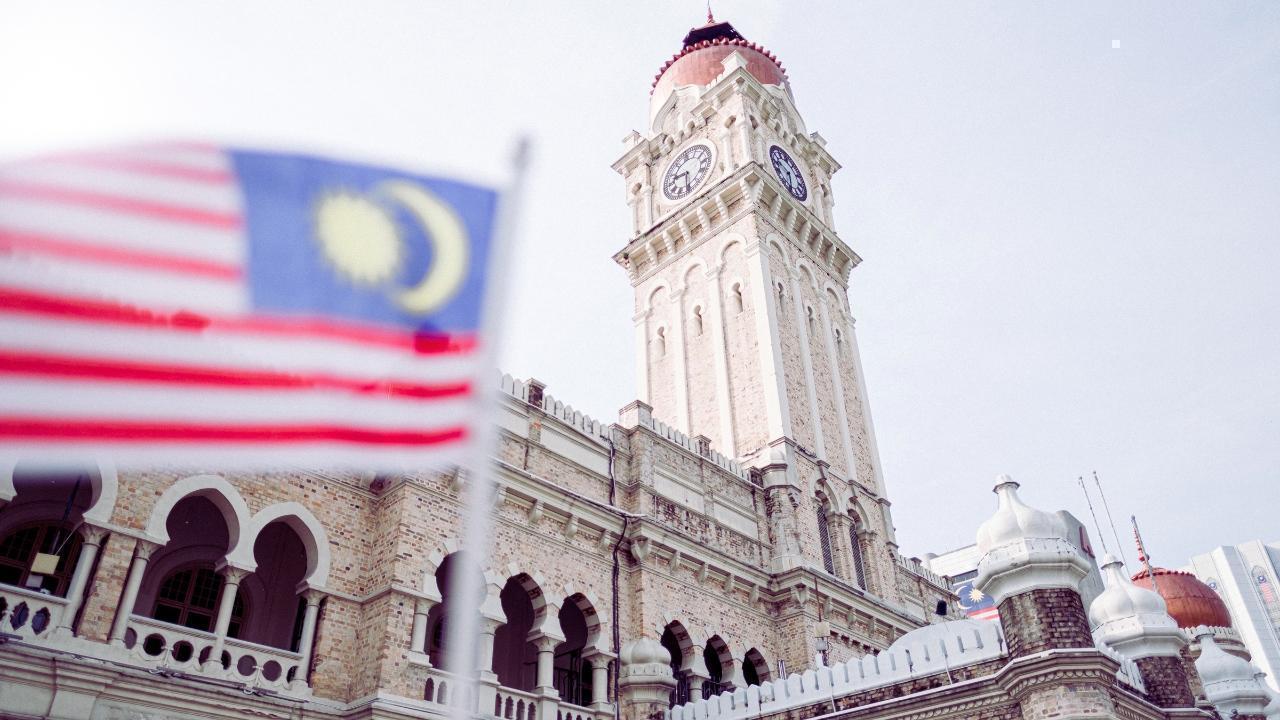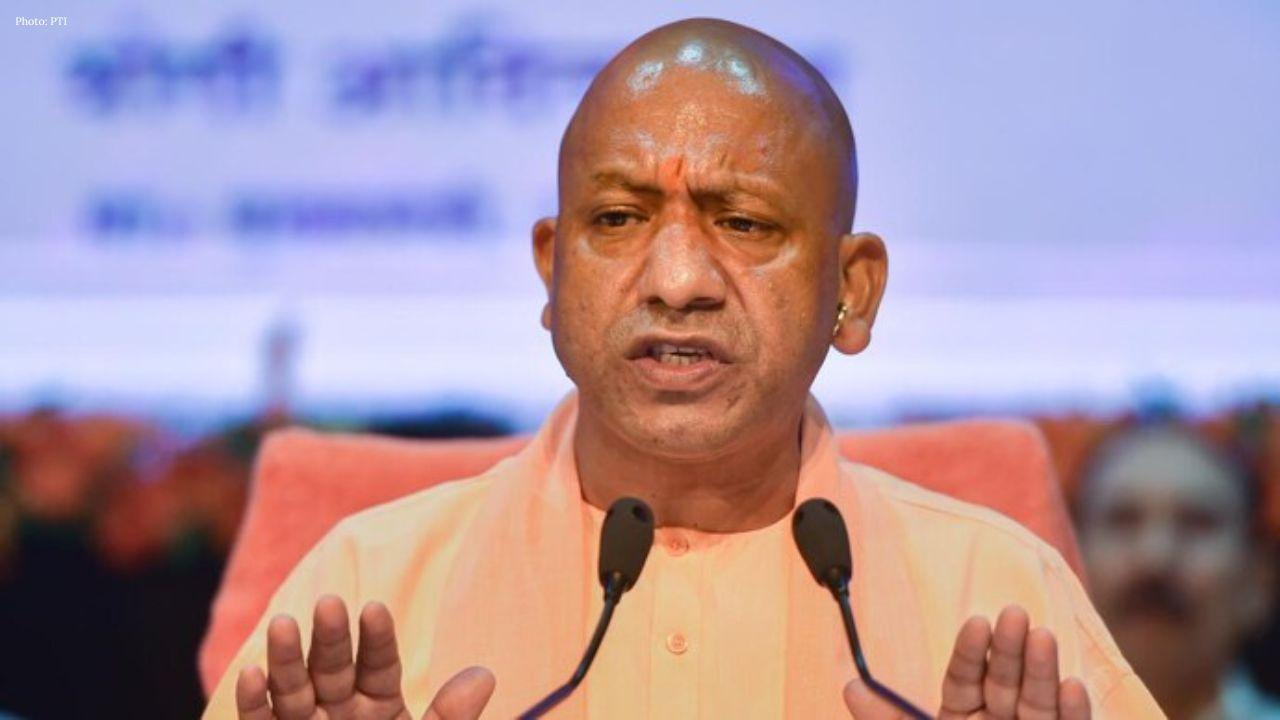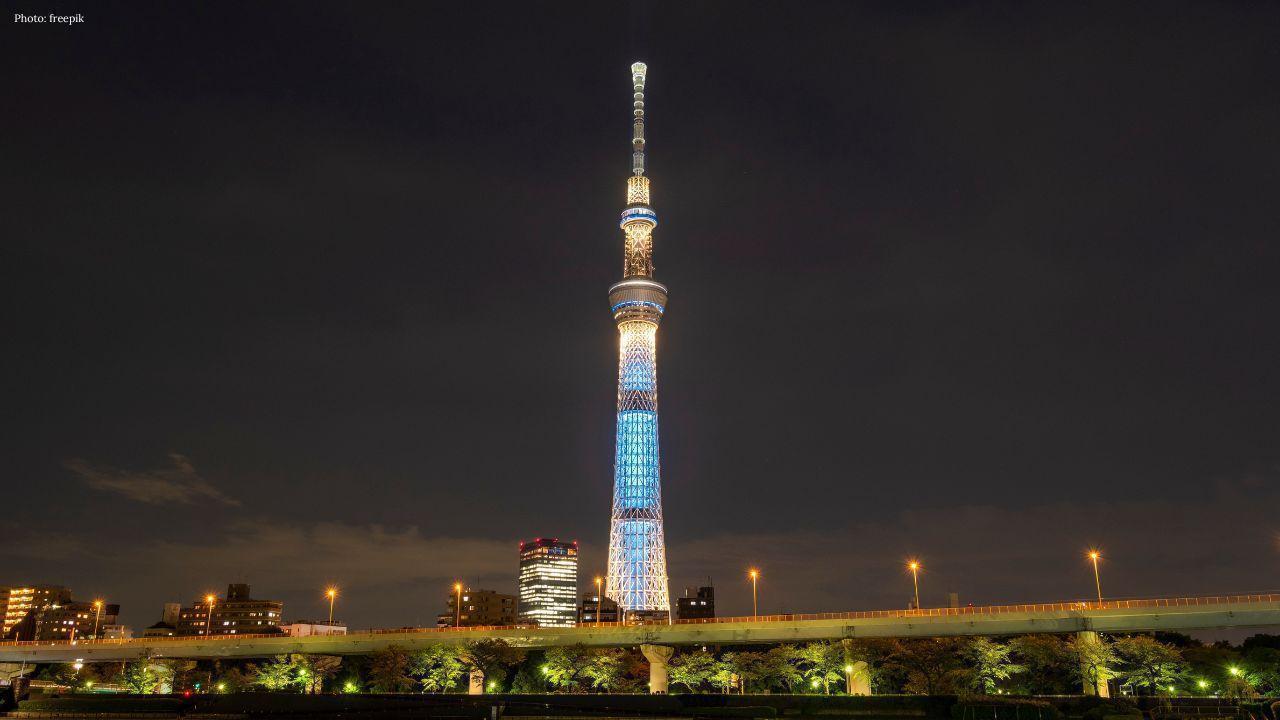You have not yet added any article to your bookmarks!

Join 10k+ people to get notified about new posts, news and tips.
Do not worry we don't spam!

Post by : Anis Farhan
Malaysia’s Prime Minister Anwar Ibrahim has announced a significant cabinet reshuffle—his first since taking power in November 2022. With 11 ministers and deputy ministers reassigned, the political maneuver comes at a critical juncture: inflation is inching upward, coalition tensions are growing, and the Prime Minister’s reform agenda has begun to lose momentum.
While cabinet reshuffles are a common political tool, this one is widely seen as both a corrective measure and a consolidation exercise. Anwar, leading a fragile coalition of ideologically diverse parties, faces the dual challenge of delivering governance while managing internal divisions. The new appointments aim to refresh key portfolios—education, economy, rural development—where public criticism has been mounting.
The reshuffle is also strategic. It comes ahead of several crucial events: the tabling of the 2025 federal budget, looming local elections, and growing speculation over Anwar’s political longevity. Analysts believe this recalibration is not just about performance—but about sending a clear message: Anwar is still in control.
The reshuffle reflects the complex political arithmetic underpinning Malaysia’s unity government. Anwar’s coalition is made up of long-time rivals—his own Pakatan Harapan bloc, UMNO (United Malays National Organisation), Gabungan Parti Sarawak (GPS), and others. Balancing this uneasy alliance has been a full-time job for the Prime Minister, and the cabinet lineup reflects these power equations.
UMNO, once the dominant party in Malaysian politics, has been granted additional ministerial roles, particularly in rural and regional development—an area crucial to its voter base. Meanwhile, PKR, Anwar’s party, retained control of strategic portfolios like finance and home affairs. Smaller parties from Sabah and Sarawak also saw increased representation, aligning with Anwar’s push for greater East Malaysian inclusion.
This redistribution of cabinet posts is widely interpreted as an effort to keep all factions reasonably satisfied. However, critics argue it risks compromising reform integrity by rewarding loyalty over performance. Some also question whether a reshuffle—without deeper institutional restructuring—can address the root issues plaguing the administration.
A highlight of the reshuffle is the appointment of technocrats to critical portfolios. The Ministry of Economy, for example, is now headed by a former central bank economist known for pushing innovation and regulatory reform. The move suggests Anwar is attempting to restore confidence in Malaysia’s economic stewardship amid sluggish growth and foreign investor skepticism.
Similarly, the Education Ministry has a new face—an academic with a background in policy research. The sector has faced backlash over outdated curricula and inequities between urban and rural school systems. Stakeholders hope the change signals a long-term overhaul rather than a cosmetic shuffle.
Anwar also unveiled the formation of a Reform Delivery Council, which will track ministry performance and ensure implementation of key national policies. But whether this oversight mechanism will wield real influence—or simply function as bureaucratic window dressing—remains uncertain.
Public reaction to the reshuffle has been mixed. Among Anwar’s base, the changes are seen as necessary to energize a government that appeared increasingly reactive. Some commentators have praised the inclusion of professionals and East Malaysian representatives, calling it a “reset” moment for the administration.
However, opposition voices, particularly from Perikatan Nasional (PN), have been quick to dismiss the reshuffle as political theater. They argue that the reshuffle prioritizes appeasement over vision, and that deeper reforms—judicial independence, anti-corruption legislation, public healthcare—are still absent.
The business community has responded cautiously. While the appointment of economic technocrats has generated some optimism, investor confidence remains tethered to policy execution rather than personnel changes. “Reshuffles don’t matter unless followed by delivery,” one Kuala Lumpur-based economist noted.
Malaysia’s cabinet reshuffle also carries implications for its role in ASEAN. As one of the bloc’s most active members in regional economic integration and environmental diplomacy, stability at home is crucial for continuity abroad.
The Foreign Ministry remains unchanged, ensuring policy consistency in engagements with Singapore, Indonesia, and China. However, how the new economic team approaches cross-border investment, digital trade, and environmental cooperation will influence Malaysia’s regional positioning. With rising geopolitical uncertainty and ASEAN pushing for more intra-regional coherence, Anwar’s administration cannot afford policy drift.
Malaysia is also expected to play a key role in the upcoming ASEAN Economic Community (AEC) 2025 blueprint negotiations. Domestic cohesion will be a prerequisite if the country wishes to shape agendas related to digital infrastructure, climate adaptation, and regional security.
Ultimately, Anwar’s reshuffle has bought him time—but not a blank check. As the unity government enters its third year, expectations are high, and patience is thinning. Ministries now led by new appointees will need to show tangible results within months, not years. Budget implementation, education reform, inflation control, and public sector transparency will be the litmus tests.
For Anwar, who has long fashioned himself as a reformist statesman, this reshuffle may define whether he is remembered as a visionary leader or a political pragmatist. The next six months will reveal if the reshuffle was a turning point—or merely a political intermission.
This article is intended for informational and editorial purposes only. It does not constitute professional political analysis or government advice. The views expressed are based on available information as of July 2025 and may evolve with changing developments.










India Says J&K Budget Exceeds Pakistan’s IMF Bailout
India slammed Pakistan at UNHRC, stating J&K’s development budget exceeds Pakistan’s IMF bailout and

UP CM Holds Talks With Ex Japan Economy Minister in Tokyo
Yogi Adityanath met former Japan economy minister Nishimura Yasutoshi in Tokyo to boost UP-Japan coo

Hiroshima Teacher Arrested for Alleged Sexual Assault of Minor
A 37-year-old high school teacher in Hiroshima was arrested on suspicion of sexually assaulting a te

Tokyo Skytree Reopens After Elevator Malfunction Suspension
Tokyo Skytree resumed operations after a three-day closure caused by an elevator failure that trappe

Skiers Rescue Man Buried Under Snow at California Resort
A dramatic rescue at Palisades Tahoe shows two skiers saving a man suffocating under deep snow durin

Sri Lanka Ex-Intel Chief Arrested Over Easter Attacks
Former SIS Chief Suresh Sallay arrested by CID in connection with the 2019 Easter Sunday bombings th